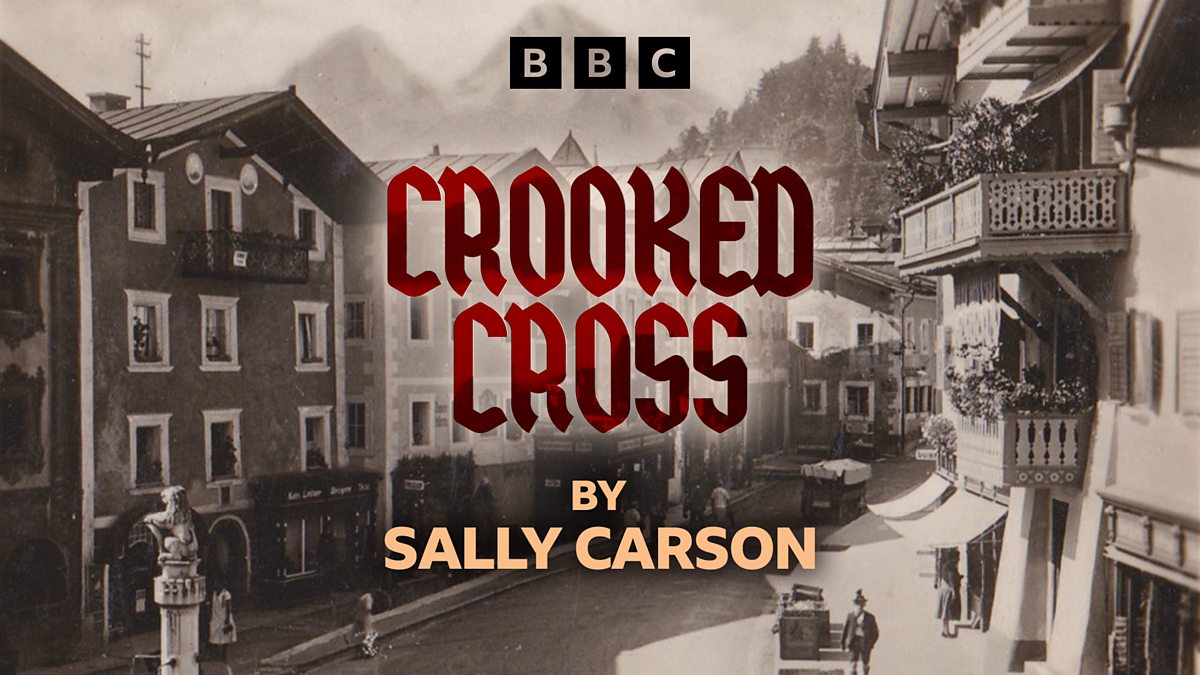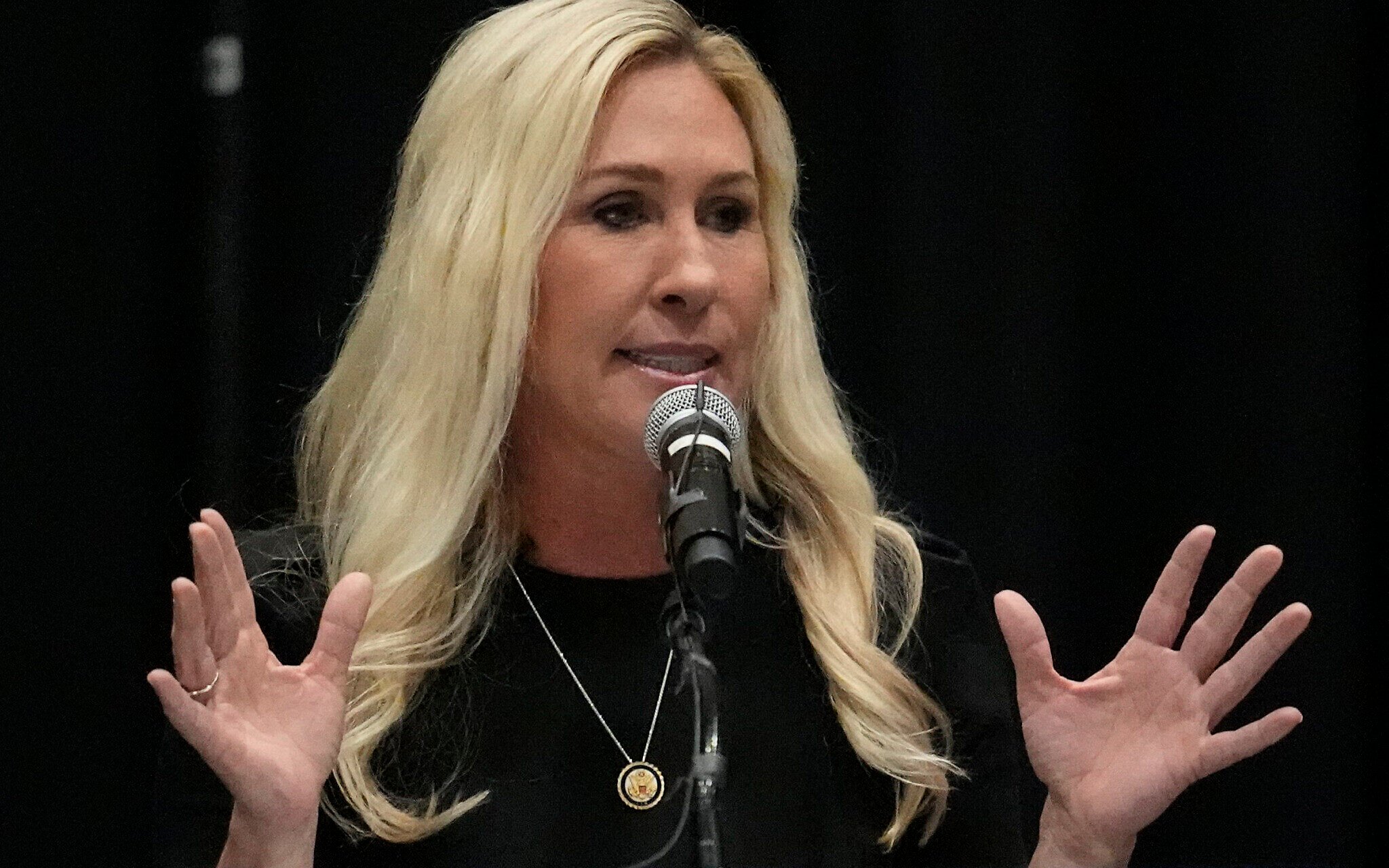Sally Carson's novel Crooked Cross, set in Bavaria during the early months of Nazi rule, follows the Kluger family as their lives are upended by the rise of fascism and antisemitism. Lexa's brothers, newly empowered by their positions in the local Nazi party, attempt to control her, while Lexa's fiancé Moritz Weissmann faces growing hostility due to his Jewish heritage.
Carson's firsthand observations of the shifting social dynamics and the gradual acceptance of the new regime's atrocities are vividly portrayed against the backdrop of a small provincial town. The novel, first published in 1934 and recently rediscovered, offers a prescient and chilling account of how ordinary lives are transformed under a rule of terror.
Despite its initial acclaim and theatrical adaptation, Crooked Cross and its sequels faded into obscurity until their recent republication, highlighting Carson's extraordinary foresight and the enduring relevance of her work.

 image sourced from original article at
image sourced from original article at 


